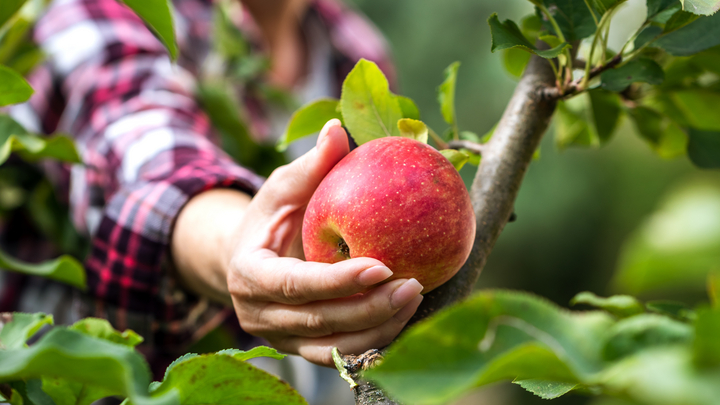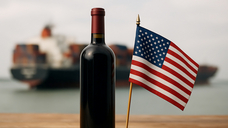Lithuanian apple juice producers are bracing for a challenging season, with expectations that output will reach only about 50 percent of 2024 levels. The decline follows spring frosts that damaged orchards across the country and prolonged rainfall that has caused fruit to rot before it can be harvested.
The downturn is also visible in consumer behavior. In Klaipėda District, operators note that fewer apples are being brought in, with some residents choosing to sell or give away their fruit instead. In past years, high yields kept presses running until midnight; this year, work is expected to finish much earlier.
Several pressing houses have closed in recent years, particularly in Kaunas. Operators also cite declining interest among younger generations in harvesting apples.
Despite the poor harvest, most producers do not plan significant price increases, although minor adjustments of 10 to 15 euro cents per litre are possible. However, lower earnings will halt investment in diversifying production into other juices, such as cucumber, cabbage, or pumpkin.
The reduced crop is also affecting suppliers of juice packaging. Klaipėda-based Lipis reports a 50 percent drop in orders for juice bags, which typically range from one to five litres in capacity.
The combination of extreme weather and shifting consumer habits is leaving many in the apple juice industry concerned for the sector’s long-term future.




